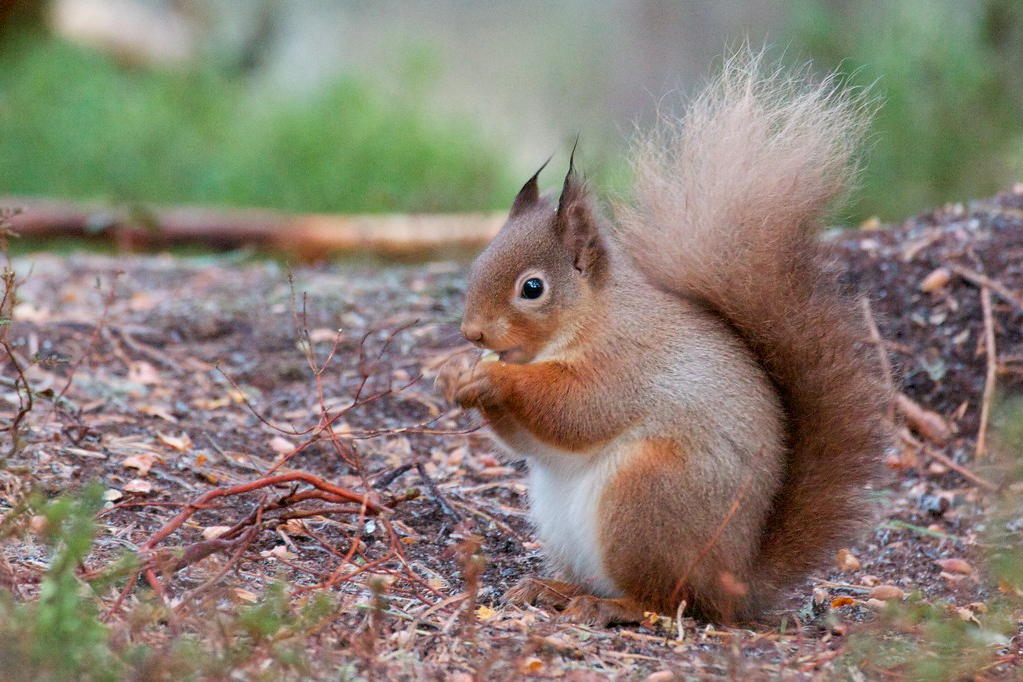… is what you do in your wild daily life. I imagine a human equivalent, squatting on a tightrope, say, holding an artichoke in both hands, peeling its leaves away, and eating the tender ends as I sway back and forth. To compete with you, I’d have to finish the whole artichoke in about a minute, then reach over to grab another, and another, maybe 20 in all. That is what you, a little red squirrel hardly bigger than a chipmunk, do so blithely in a hemlock, sitting on a bowing tree branch and dissecting cone after cone. I can hardly manage to watch you eat and also manipulate a crossword, a vodka tonic, and a small cheeseboard on the railing of my deck.
Not that I’d want your life – well, maybe for a moment – but at least let me imagine being so perfectly evolved for a task at hand. Such as, say, picking up words as pebbles on the shore and putting them down as jewels on the page.
…is the name of an organic restaurant in Cambridge, just outside Harvard Square. You have just moved into the apartment complex that hosts Forage in its basement, and you now stand in the entrance with your partner, looking at the menu and waiting for a table. The food, you read, is locally sourced, but the descriptions thereof are mercifully unadorned. The hanger steak is not named as a contribution to world purity from Bessie or Bossie, and the vegetables are not proclaimed to have arrived on your plate directly from Sweet Valley New Age Farm in Groton, although the provenance of the cheeses is mentioned, discreetly. For a moment you feel a stabbing pain for Denmark, for the feeling of sustainable balance that life often takes on in Europe, and then a stabbing pain for the fate of the shore and the air, and when you are seated, you show your partner the website Vild Mad, the food forager’s heaven. “I saved up for months,” you say, “and my last week in Copenhagen we ate at Noma. I had the seaweed soup made with bladderwrack, and the lightly whipped cream with hairy bittercress.”
And in the morning, going to work on the train, you can hardly bear the fat pack of people, the melting Greenland ice sheet displayed on the Times site, the fracking and lying and consuming. How can I bring a baby into this world? you mourn to yourself, but not yet to your lover. Three months ago you turned 30.
Imagining your anxiety and dread, I’d die to help you, but I can’t save you even though you are my daughter.
… is what you and I used to do for inspiration, skipping like a stone over surf and memory, the birth of a child, the swoop of a gull, a grandfather’s death, sometimes sinking long enough into the sea or the past to capture a chimera and record a paragraph. Now we skip and dab in fear, every morning headlining through the Times and the Globe, skittering through Facebook and (Jesus, help us) Twitter Moments in search of the post that finally will signal the beginning of the end. The fate of the country, and the earth, seems in the balance.
We haven’t felt this way since Vietnam. But now it’s worse. Now the bastards seem to be getting away with whatever they please, right out in the open: older, fatter, greedier, whiter than ever. We protest against them, but with our brains, not our bodies.
Or do we? We still sit in the torture chairs, don’t we? Some image will stick from our foraging, it has to, maybe a sparkle from a wave to fire up my lexicon, or big, warm arms from the past to hug your hurts and etch your characters. Remember in the hospital how for an hour straight I would stare at her, lying on the length of my forearm, our tiny pink daughter, born early, until she wakes and boxes the air and cries for your breast. This is the way ordinary humans compete with extraordinary squirrels. This is the moment we harvest from the deep and send into the world. The word is made flesh, her flesh, and her dreams, and that will save us.

